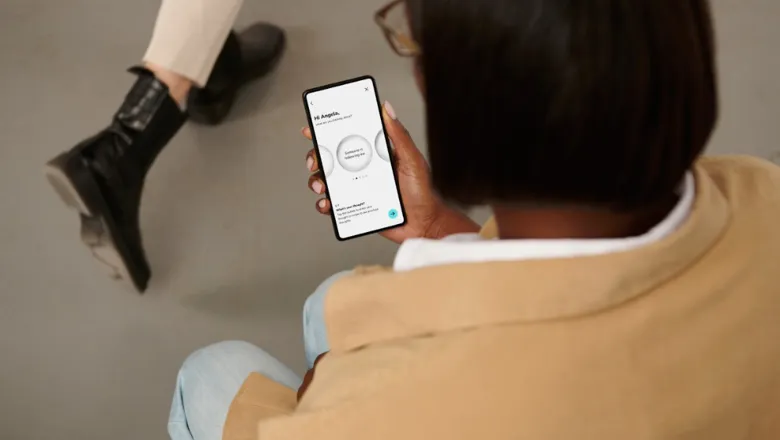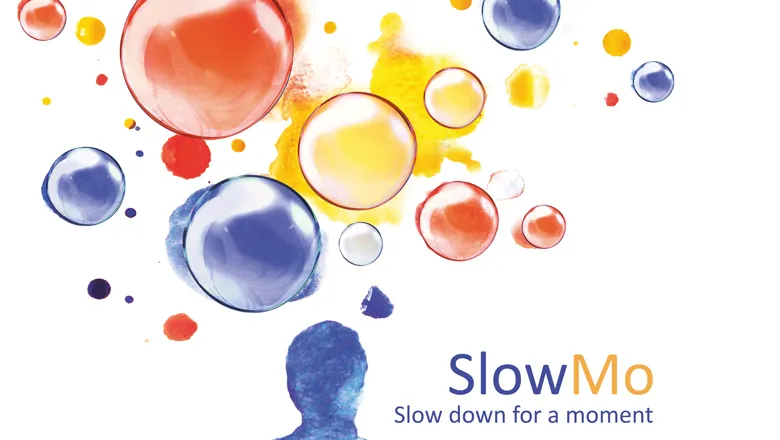
Professor Philippa Garety
Emeritus Professor of Clinical Psychology
Contact details
Pronouns
She/her
Biography
Professor Philippa Garety's first degree in Psychology and Philosophy (natural sciences) was from Cambridge University, 1979. She qualified in Clinical Psychology (MPhil) at the Institute of Psychiatry (King's College London) in 1981 and is a British Psychological Society chartered clinical psychologist. She is a Fellow of the British Psychological Society (since 1995). She has a PhD in Psychology (1990; Investigations in Delusional Reasoning; University of London), and an MA in Higher and Professional Education from the Institute of Education, University of London (1996). She was accredited as a cognitive and behavioural therapist by the UK BABCP and as a member of the Academy of Cognitive therapy (USA).
Her expertise is in psychological models and treatments for problems associated with psychosis, in particular unusual, distressing beliefs and psychotic experiences (sometimes called ‘delusions’ and ‘hallucinations’). She was one of the UK-based pioneers of cognitive behavioural therapy for psychosis. She has developed and evaluated specialist services for people with psychosis, such as the first UK trial of an Early Intervention Psychosis service. She has recently worked with others to develop and test innovative treatments for problems in psychosis employing digital technology (AVATAR and SloMo).
As Emeritus Professor, she is involved (as a co-applicant) on new projects, investigating implementation of SloMo in the real world (led by Dr Amy Hardy), and further developments of AVATAR therapy (led by Dr Tom Ward). She has collaborated on wide-ranging theoretical research and clinical trials and published over 240 peer reviewed papers.
Philippa has been awarded the British Psychological Society Shapiro award for ‘eminence’ in clinical psychology (2002); the British Psychological Society Professional Practice Board Lifetime Achievement Award (2018); Senior Investigator of the National Institute of Health Research, selected for two terms (2008-2015) and continues as a Senior Investigator emerita.
Research interests
- Unusual beliefs and experiences (delusions and hallucinations)- theoretical and empirical studies
- Psychological treatments for psychosis
- Digital technologies and treatments for paranoia and voices
Expertise and public engagement
Philippa has been involved in national and international advisory bodies consulting on mental health research and services for people with psychosis (e.g. NICE guideline development, NHS England clinical reference groups; German Federal Government advisory committee). She currently is serving on one of the Wellcome Trust advisory panels for research funding.
Research
AVATAR2
AVATAR therapy offers a new approach to working with distressing voices (auditory hallucinations), using digital technology to allow ‘face-to-face’ dialogue between the voice-hearer and a computerised representation of their voice (the avatar). We are now taking this forward in the AVATAR2 trial.
The Avatar Project
The AVATAR Project was a clinical research trial of an innovative new therapeutic treatment designed to help people suffering from distressing voices.
Project status: Completed

IoPPN Virtual Reality Lab
The IoPPN Virtual Reality Research Lab (VR Lab) is a world-leading multidisciplinary group dedicated to VR based research, assessment and treatments to improve mental health, enhance well-being and promote resilience.

UNIQUE Research Group
UNIQUE Research group carries out a range of sudies involving people who experience persistent, full-blown psychotic experiences but are not in need of care
News
SloMo featured in National Gallery of Victoria exhibition
The digital therapy for paranoia in psychosis was spotlighted for its inclusive, people-centred design.

Multi-site trial uses digital avatars to effectively reduce distressing voices in psychosis
A novel therapy using computer-generated avatars has found to be an effective way of helping people with psychosis reduce the distress and frequency with...
AVATAR and SloMo digital therapies for psychosis recommended for use in NHS
The National Institute for Health and Care Excellence (NICE) has recommended two digital health technologies for psychosis developed at the Institute of...
£1.3 million Wellcome funding awarded to SlowMo
SlowMo, an inclusive, digitally supported therapy for paranoia, has been awarded £1.3 million funding by Wellcome to scale up in three NHS Trusts.

Paranoia therapy app SlowMo helps people “slow down” and manage their fears
A clinical trial has revealed that a new digitally supported therapy effectively supports people to manage paranoia to help them in their daily lives

Spotlight
Talking back: the power of digital avatars in psychosis therapy
AVATAR therapy has shown significant promise in reducing the frequency and impact of distressing voices for those with a diagnosis of schizophrenia. Working...
Research
AVATAR2
AVATAR therapy offers a new approach to working with distressing voices (auditory hallucinations), using digital technology to allow ‘face-to-face’ dialogue between the voice-hearer and a computerised representation of their voice (the avatar). We are now taking this forward in the AVATAR2 trial.
The Avatar Project
The AVATAR Project was a clinical research trial of an innovative new therapeutic treatment designed to help people suffering from distressing voices.
Project status: Completed

IoPPN Virtual Reality Lab
The IoPPN Virtual Reality Research Lab (VR Lab) is a world-leading multidisciplinary group dedicated to VR based research, assessment and treatments to improve mental health, enhance well-being and promote resilience.

UNIQUE Research Group
UNIQUE Research group carries out a range of sudies involving people who experience persistent, full-blown psychotic experiences but are not in need of care
News
SloMo featured in National Gallery of Victoria exhibition
The digital therapy for paranoia in psychosis was spotlighted for its inclusive, people-centred design.

Multi-site trial uses digital avatars to effectively reduce distressing voices in psychosis
A novel therapy using computer-generated avatars has found to be an effective way of helping people with psychosis reduce the distress and frequency with...
AVATAR and SloMo digital therapies for psychosis recommended for use in NHS
The National Institute for Health and Care Excellence (NICE) has recommended two digital health technologies for psychosis developed at the Institute of...
£1.3 million Wellcome funding awarded to SlowMo
SlowMo, an inclusive, digitally supported therapy for paranoia, has been awarded £1.3 million funding by Wellcome to scale up in three NHS Trusts.

Paranoia therapy app SlowMo helps people “slow down” and manage their fears
A clinical trial has revealed that a new digitally supported therapy effectively supports people to manage paranoia to help them in their daily lives

Spotlight
Talking back: the power of digital avatars in psychosis therapy
AVATAR therapy has shown significant promise in reducing the frequency and impact of distressing voices for those with a diagnosis of schizophrenia. Working...
